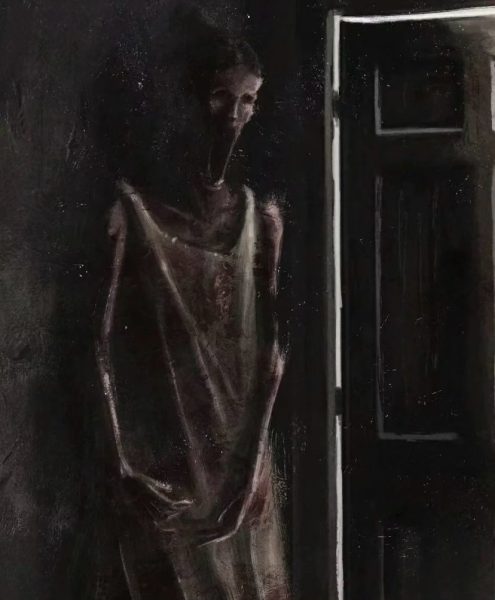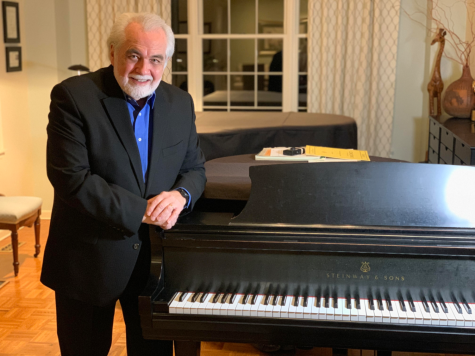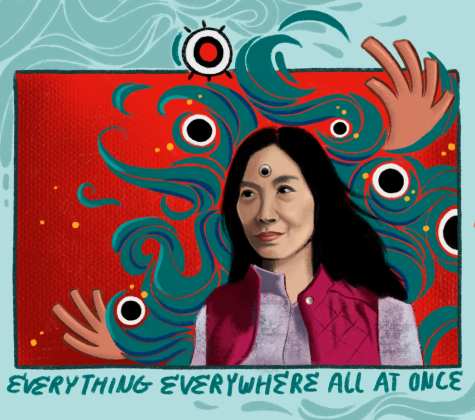4:44 For Lucky Number Four
December 22, 2017
The crowds roar as he rises to the stage. Lights flash in a frenzied scramble all over the stadium. The beat thumps, rising steadily in volume, sending tremor-like vibrations through the ground. A man rises through the stage and fills it with his singular presence. With eyes hidden behind dark black Ray Bans, he begins spitting rhymes, accentuating each syllable with vitality. Who is he? None other than Jay- Z Carter. Jay-Z recently launched his 4:44 North American Tour, travelling to thirty-one cities nationwide and performing thirty-six shows. Despite the recent arrival of his twins, Jay-Z is continuing full-throttle with his performances.
A quiet, humble, yet extravagant performer, Jay-Z continues to please with his simple and impactful performances. This 4:44 tour encompasses his most recent album (his thirteenth studio album in fact) and revolves around a deeper message: “the power and urgency of black economic self-sufficiency,” as New York Times writer Jon Caramanica proclaims. Jay-Z rises above the stereotypical sexist and foul language of modern era rappers, and creates music that delivers controversy and solution through melody. Yes, cussing included. But take note that every syllable of his songs, every harsh slur, every enigmatic verse exists as a reflection of black lives in today’s society. Songs such as “The Story of OJ” and “4:44” relay messages about slavery, black individuals’ socioeconomic obstacles, and some of his own flaws.
Throughout his “modern” style performances, Jay-Z is the only person on stage. Four huge screens hang above his head, as he stands on an octogonal stage, weaving in motivational asides to fortify the impact of his songs. Many times, he prefaces his songs by demanding thought from the audience, “Anybody in here from the bottom? Anybody in here from the mud?” To conjure emotions of reflection, guilt, and hope Jay-Z floods the arena with concise and harsh rap flow. He strives to not only expose, but also to continue conversation about black life in America and how illusive society makes “progress” of diminished racism.
As mentioned before, the most popular song on this album, “Story of OJ,” received much criticism for its video, happening to be the only video officially released with the album. Addressing the controversy, Jenna Yang ‘18 notes that “He [Jay-Z] is going into the past [and] touching upon things that are extremely sensitive to the community. Some may interpret it as him reinforcing the stigma rather than moving forward.”
As he travels across the nation, Jay-Z spreads this message to more people of all generations. Rap genius Jay-Z crafts his performances in such a way where he places himself on the same pedestal as every person in the arena, despite skin color or financial status. He stands among the crowd, walks among them, and raps. Expect to see a one man act: a man with words and a purpose. From Anaheim to Seattle, October to December, the 4:44 tour contains explosive controversy, with potential to fire up conversation and connect people through music.






